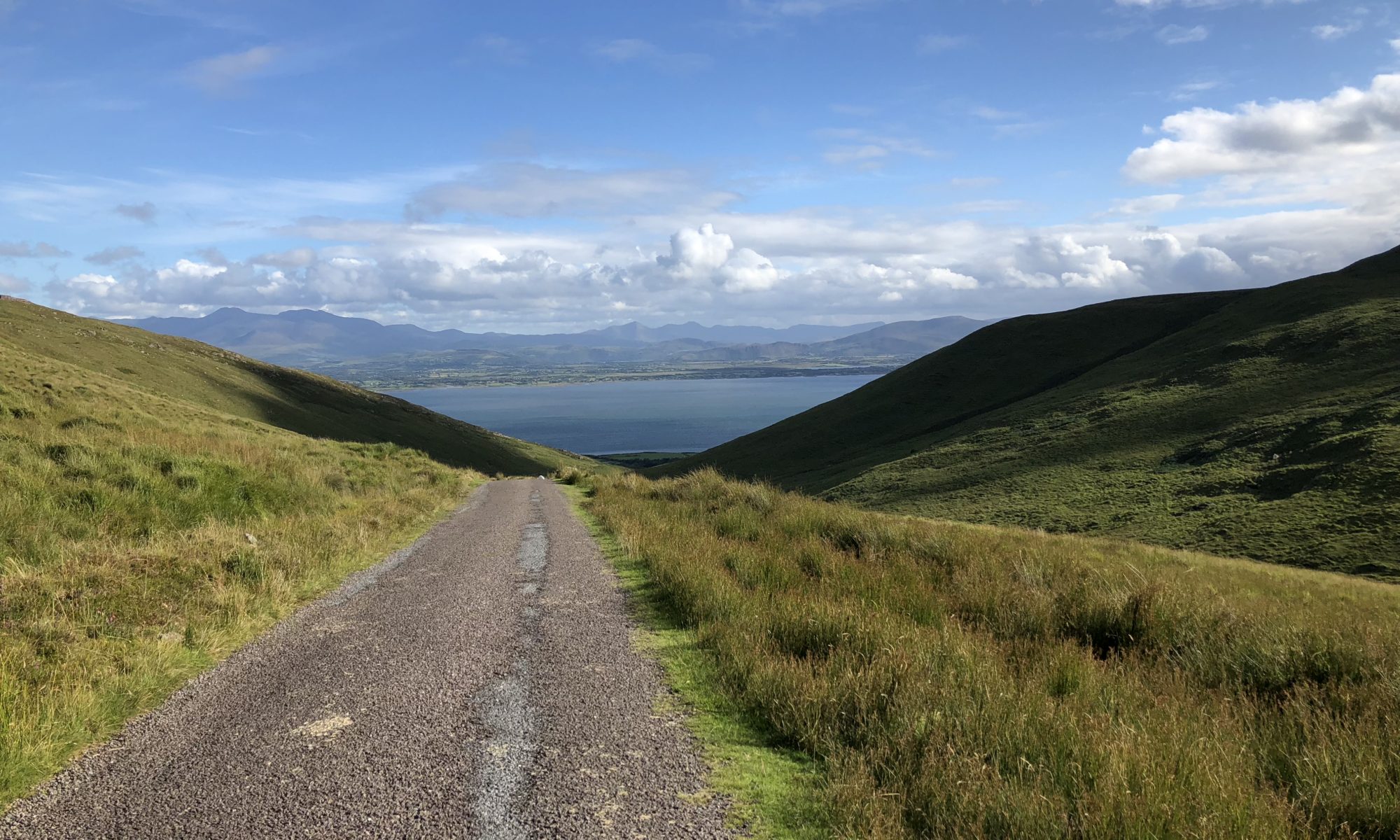We celebrate a few great feasts this week. Today is the day for prayer for the legal protection of the unborn. Wednesday is the feast of St. Francis de Sales, Bishop and Doctor of the Church. Thursday is the Conversion of St. Paul and Friday is the Memorial of Saints Timothy and Titus, who were bishops in the early Church. Lots of great teachable moments.
Plus, we have some great readings this week. I especially love when Jesus takes the time to explain the parables he’s just taught the crowds. Like any good teacher, he wants to make sure the lesson does not fall on deaf ears and, like anyone who has ever stood in front a classroom, my hunch is he began to see people’s eyes glazing over, people looking off in the distance, and a general disconnect starting to form.
So he paused, rearranged the narrative, and made sure everyone understood.
If you have teenagers, you have lots of practice with this. You ask your teen to do something, retrieve something, go somewhere and complete a task – and you are confident you are speaking in a language he or she understands. But as soon as the instructions are delivered, your teen looks at you and says, with a completely straight face: “What?”
They heard it all but they comprehended nothing.
So you repeat it. You tell them to put the phone away and really listen this time.
“Okay,” says the teen.
Then they walk away and do absolutely nothing.
The more I reflect on Mark 4 from Wednesday’s Gospel, the more I am thinking this was Jesus’ turn with the teens in Jerusalem.
“What?” they said after he taught them.
Jesus said to them, “Do you not understand this parable? Then how will you understand any of the parables?”
Great question.
It turns out in two thousand years, the content hasn’t changed, only the context.
This week, I will practice the patience of Jesus and avoid gritting my teeth as I explain to my four teenagers the same thing over and over and over.
